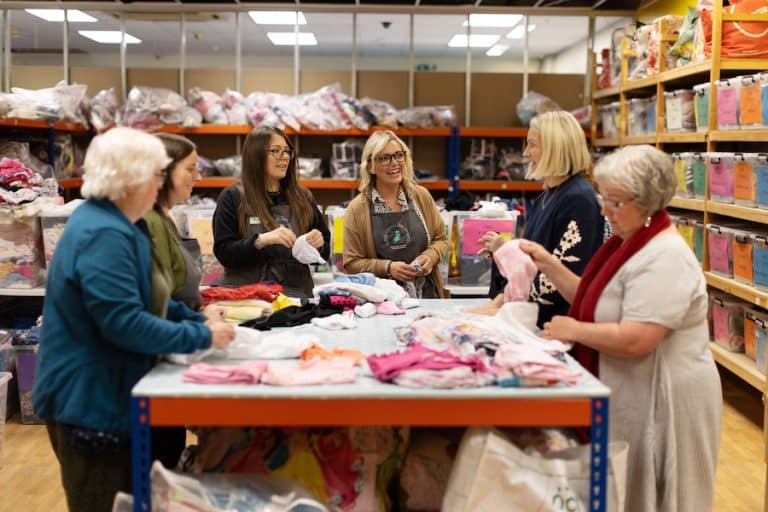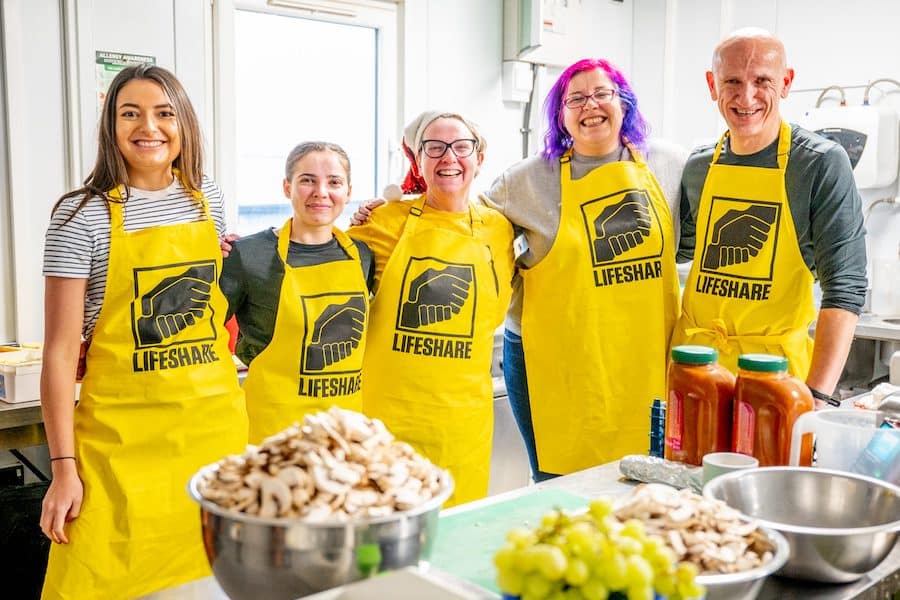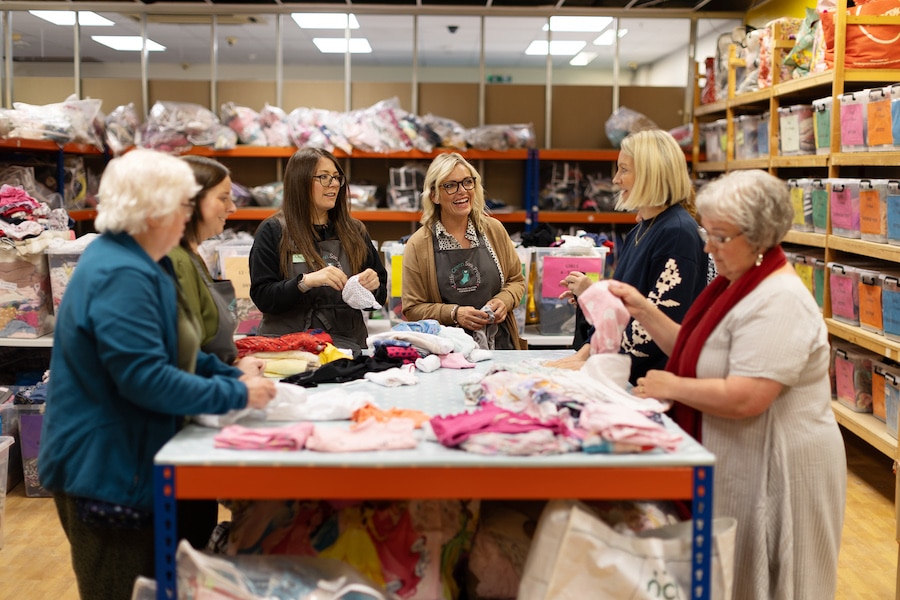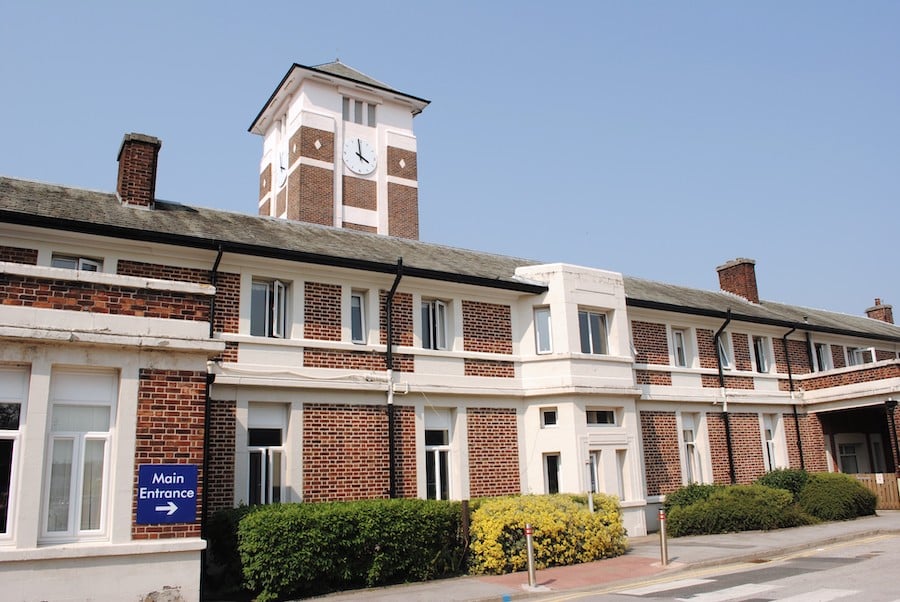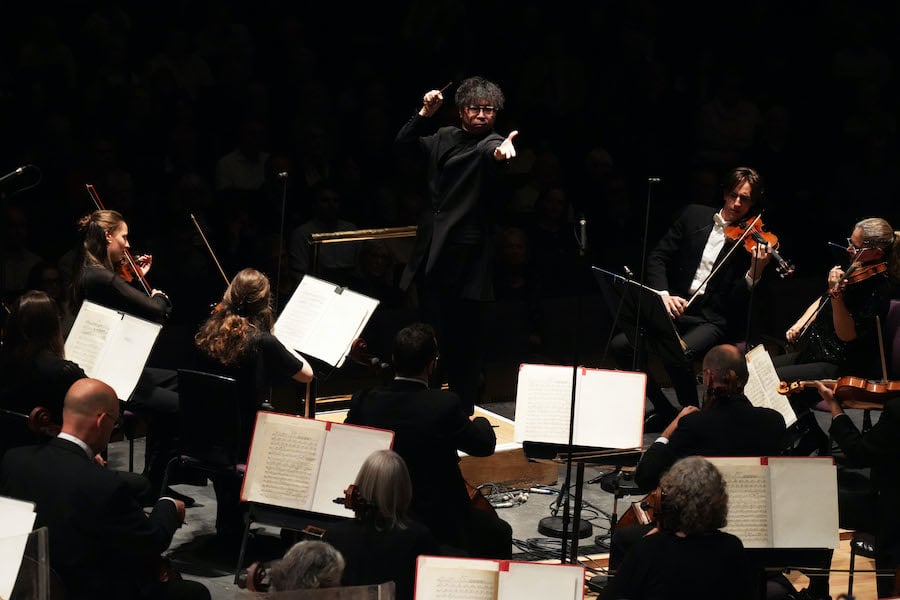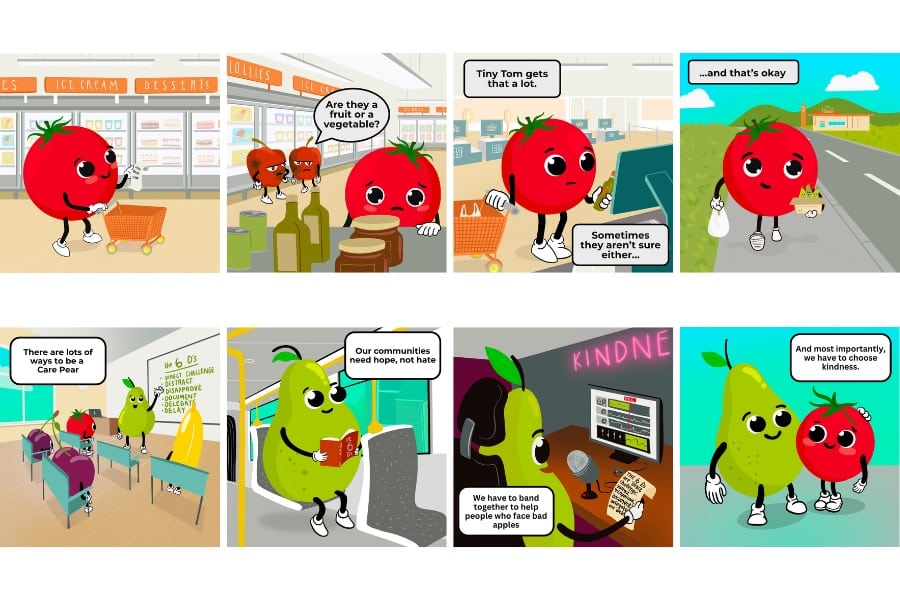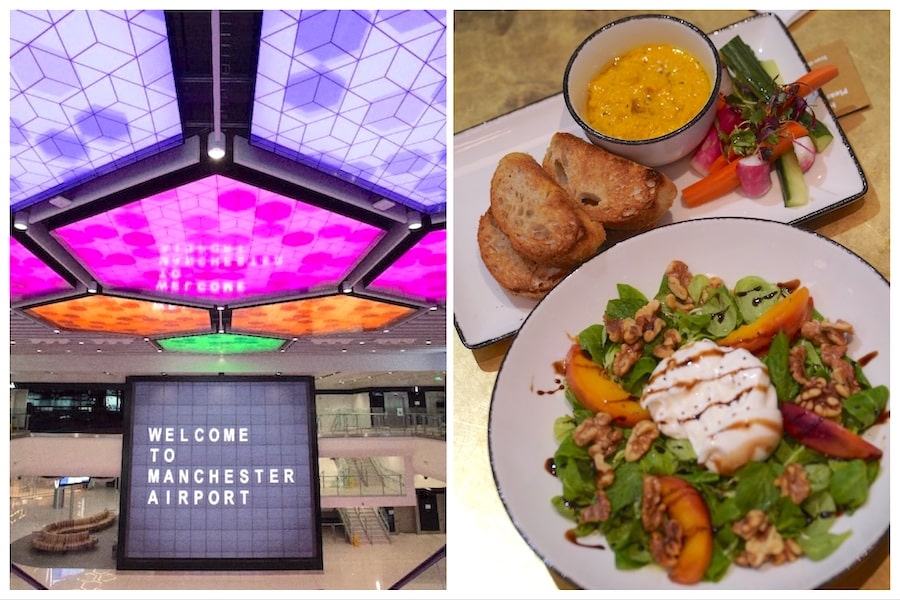A specialist guide to understanding good coffee
- Written by I Love MCR
- Last updated 8 years ago
- Food & Drink
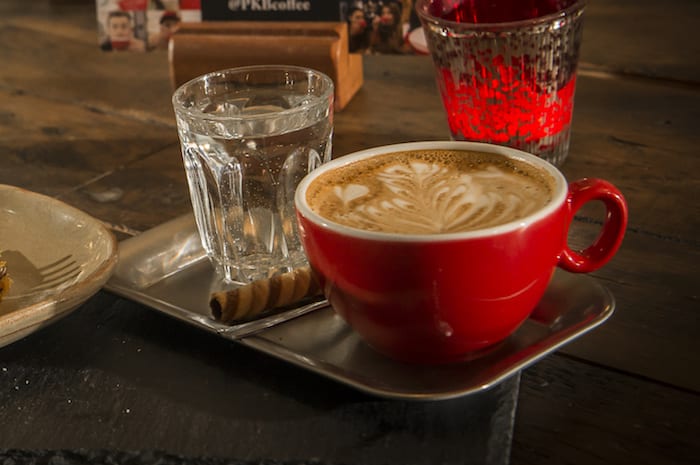
Jon Wilkin, co-founder of Manchester city centre speciality coffee house Pot Kettle Black, shares his top tips on choosing, buying and enjoying quality coffee.
Coffee tastes and preferences are changing. More and more people are recognising the difference in flavour and quality of speciality coffees and are turning to smaller, independent coffee shops for a quality, well roasted coffee, over the larger chains.
So what’s the difference between speciality, premium, and gourmet coffee and how should it be served?
Beans grown in microclimates
Speciality coffee is hand-picked in coffee farms and is only grown in special microclimates. The term ‘speciality coffee’ was first used in 1974 to describe beans of the best flavour which are produced in these microclimates.
Taste the difference
Its distinctiveness is due to its full taste and depth and the fact that it has few or no defects. The unique flavours are a result of the special characteristics and composition of the soils in which they are produced.
Point scale
Speciality coffees are graded by the Specialty Coffee Association of Europe (SCAE), which scores 80 points or above on a 100-point scale .
Don’t use wanky words
‘Gourmet’ and ‘premium’ are marketing terms with no defined standards,
The right temperature
Different temperatures of water or milk will give coffee a different flavor. Speciality coffee is best served a at 70° to 80°C so the subtle flavours are noticeable.
If serving the coffee with milk, eg as a latte or flat white, the milk temperature should be between 57° and 70°C. Above this temperature the milk will lose its sweetness and may begin to scald or spoil the rich flavours of the coffee.
Pot Kettle Black is reopening its doors in the Barton Arcade on Monday 6 June at 8 am after an extensive refurbishment and extension. It serves only speciality grade coffee from the Arabica plant variety. Why not pop in and try one?
- This article was last updated 8 years ago.
- It was first published on 20 June 2016 and is subject to be updated from time to time. Please refresh or return to see the latest version.
Did we miss something? Let us know: [email protected]
Want to be the first to receive all the latest news stories, what’s on and events from the heart of Manchester? Sign up here.
Manchester is a successful city, but many people suffer. I Love Manchester helps raise awareness and funds to help improve the lives and prospects of people across Greater Manchester – and we can’t do it without your help. So please support us with what you can so we can continue to spread the love. Thank you in advance!
An email you’ll love. Subscribe to our newsletter to get the latest news stories delivered direct to your inbox.
Got a story worth sharing?
What’s the story? We are all ears when it comes to positive news and inspiring stories. You can send story ideas to [email protected]
While we can’t guarantee to publish everything, we will always consider any enquiry or idea that promotes:
- Independent new openings
- Human interest
- Not-for-profit organisations
- Community Interest Companies (CiCs) and projects
- Charities and charitable initiatives
- Affordability and offers saving people over 20%
For anything else, don’t hesitate to get in touch with us about advertorials (from £350+VAT) and advertising opportunities: [email protected]

The very special toy shop where parents don’t pay a penny is open – and busier than ever
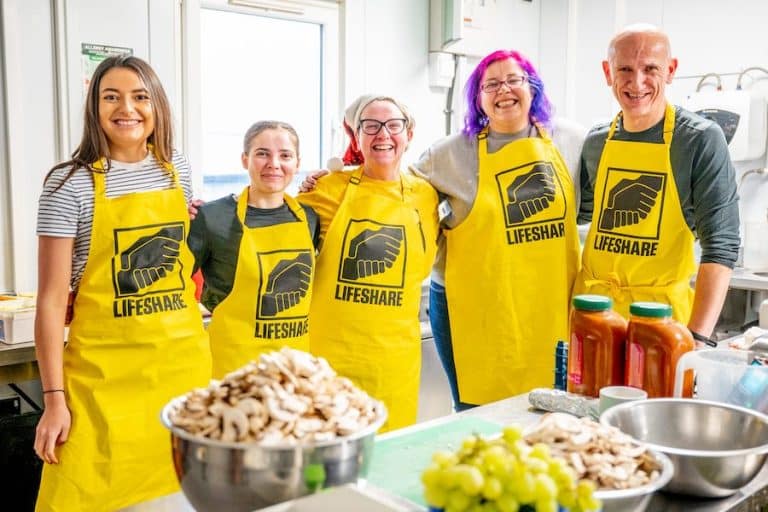
Manchester’s oldest homelessness charity celebrates 40 years of supporting the needy

Games, science and history collide at Manchester’s Science and Industry Museum this winter

Best bars and pubs to watch the football and live sport in Manchester
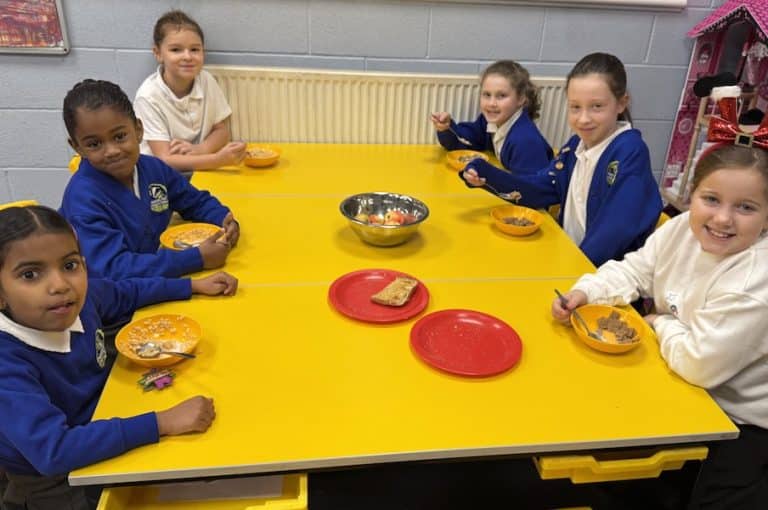
How Baguley Hall Primary School is nourishing minds with a morning Magic Breakfast
